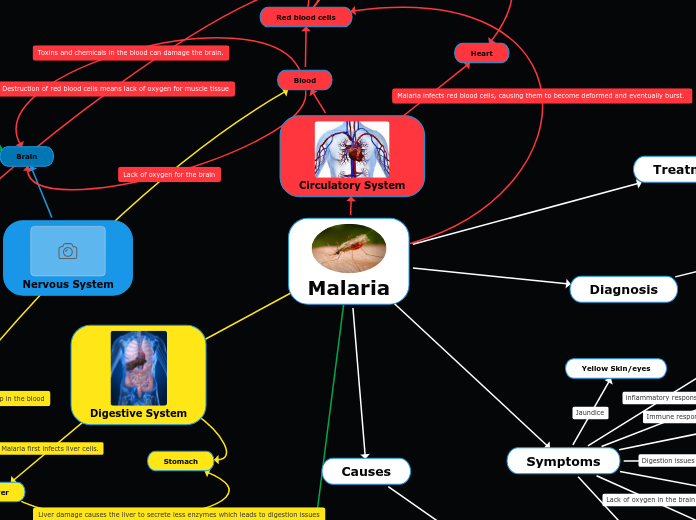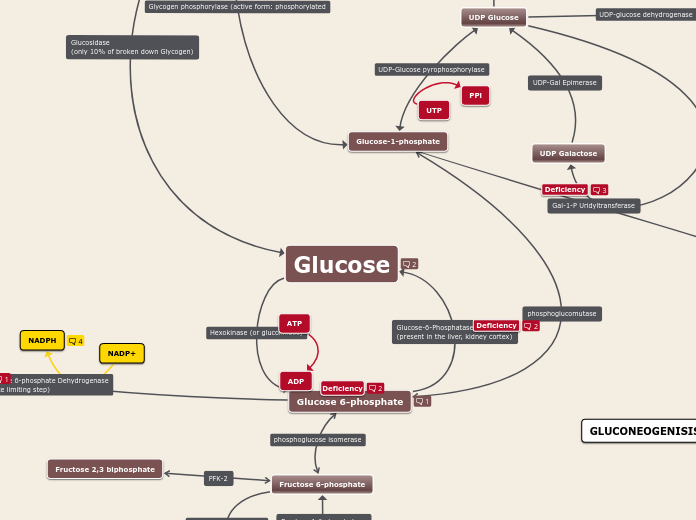a Hagar Sahein 7 éve
229
parkinson diseaes
Parkinson's disease is primarily characterized by an imbalance between dopamine and acetylcholine in the brain, leading to difficulties in refining voluntary movements. The degradation of the substantia nigra results in decreased dopamine production, which manifests in a variety of clinical symptoms.









